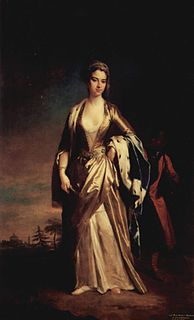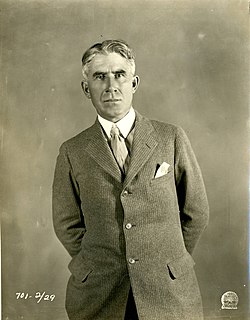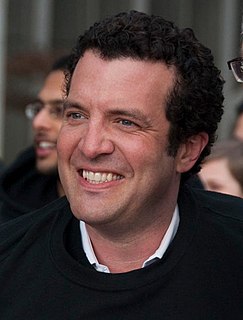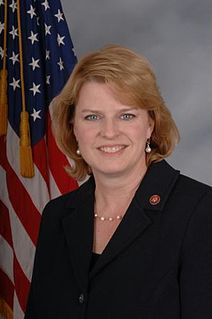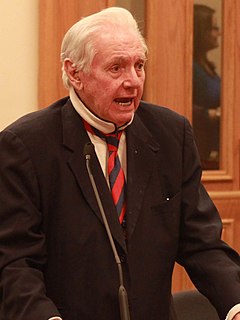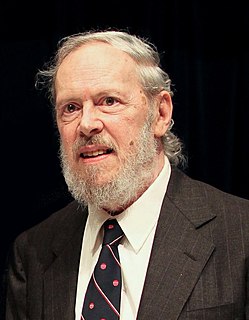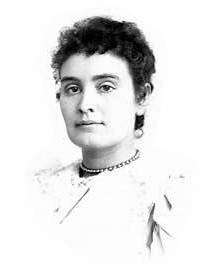Top 1200 Current Situation Quotes & Sayings - Page 16
Explore popular Current Situation quotes.
Last updated on December 18, 2024.
Kant regards the universalizability test for maxims as focused on a very special sort of situation: one where the agent is tempted to make an exception to a recognized duty out of self-preference. The universalizability test is supposed help the agent to see, in a particular case of moral judgment, that self-preference is not a satisfactory reason for exempting yourself from a duty you recognize. Kant thinks, as a matter of human nature, that this situation arises often enough and that we need a canon of judgment to guard against it.
And once we have the condition of peace and joy in us, we can afford to be in any situation. Even in the situation of hell, we will be able to contribute our peace and serenity. The most important thing is for each of us to have some freedom in our heart, some stability in our heart, some peace in our heart. Only then will we be able to relieve the suffering around us.





